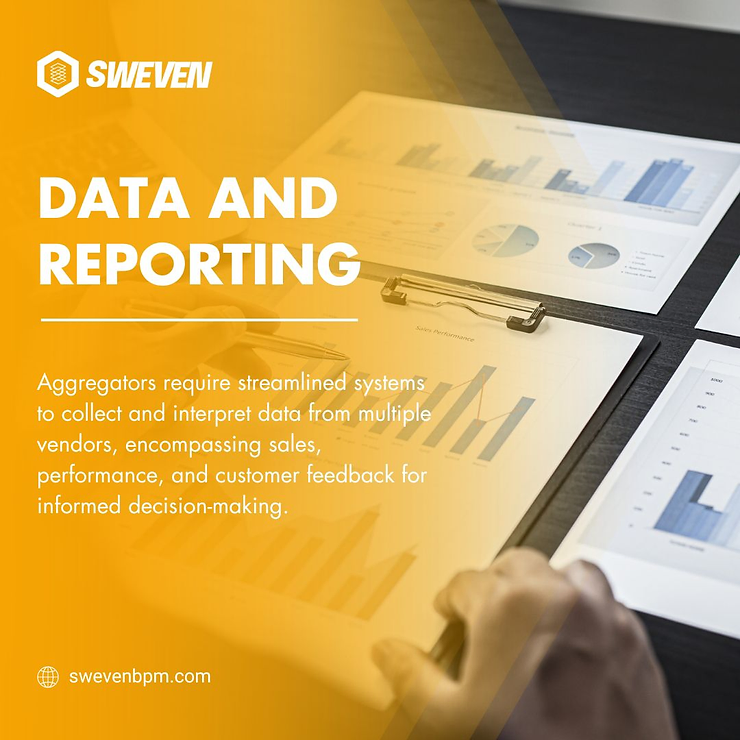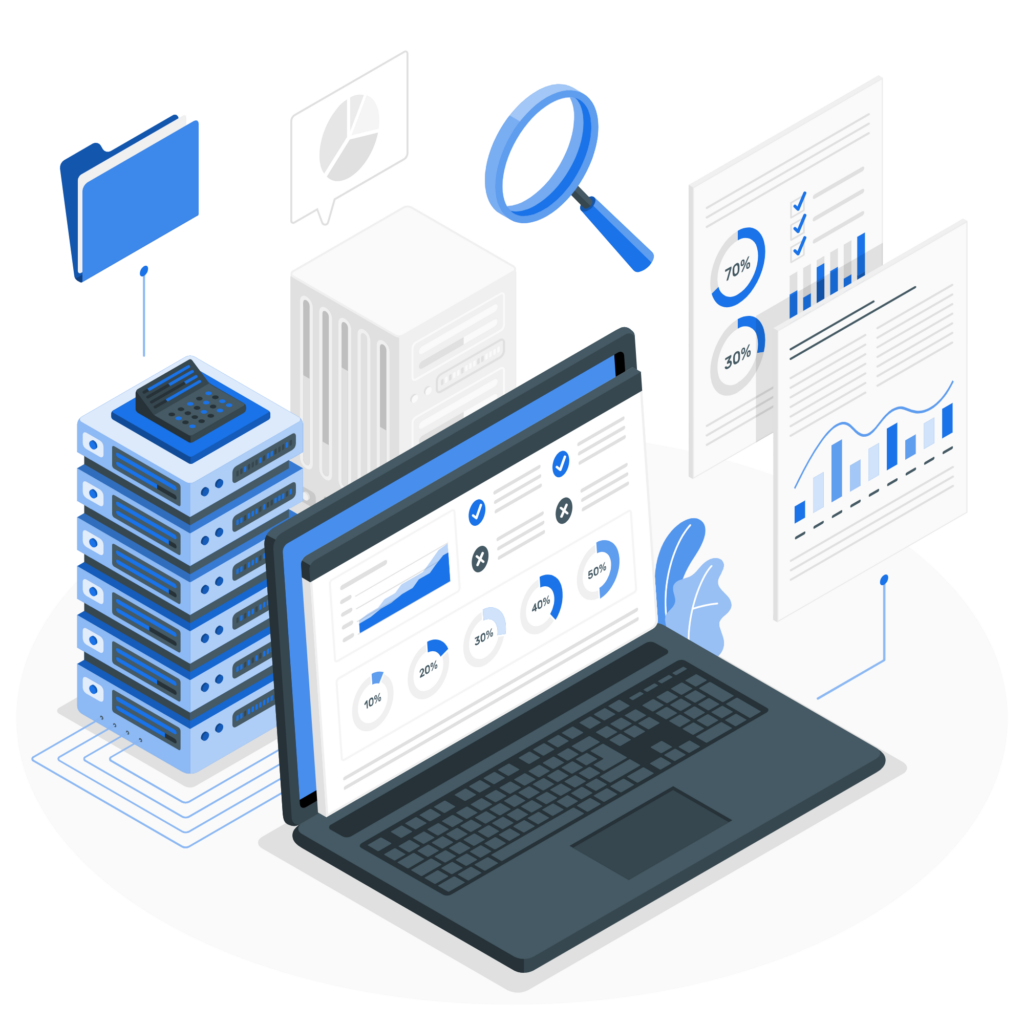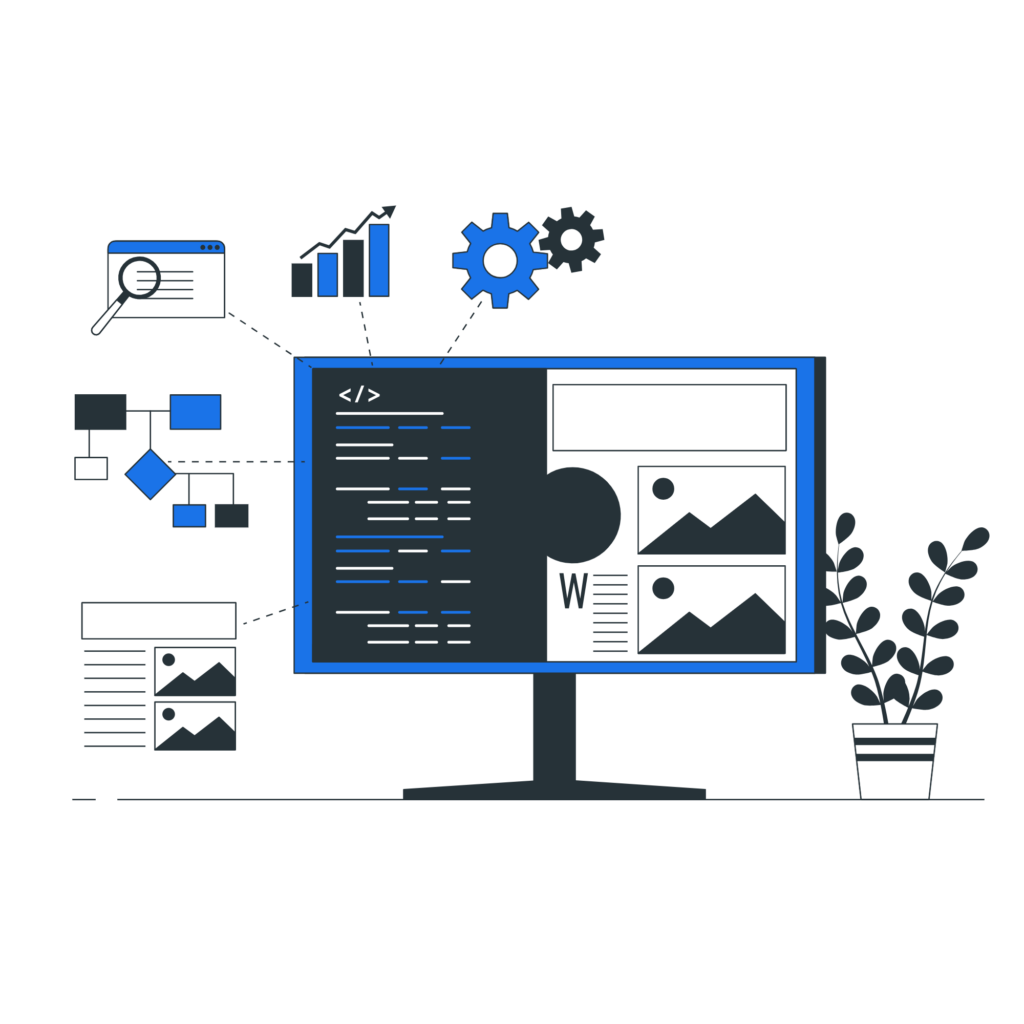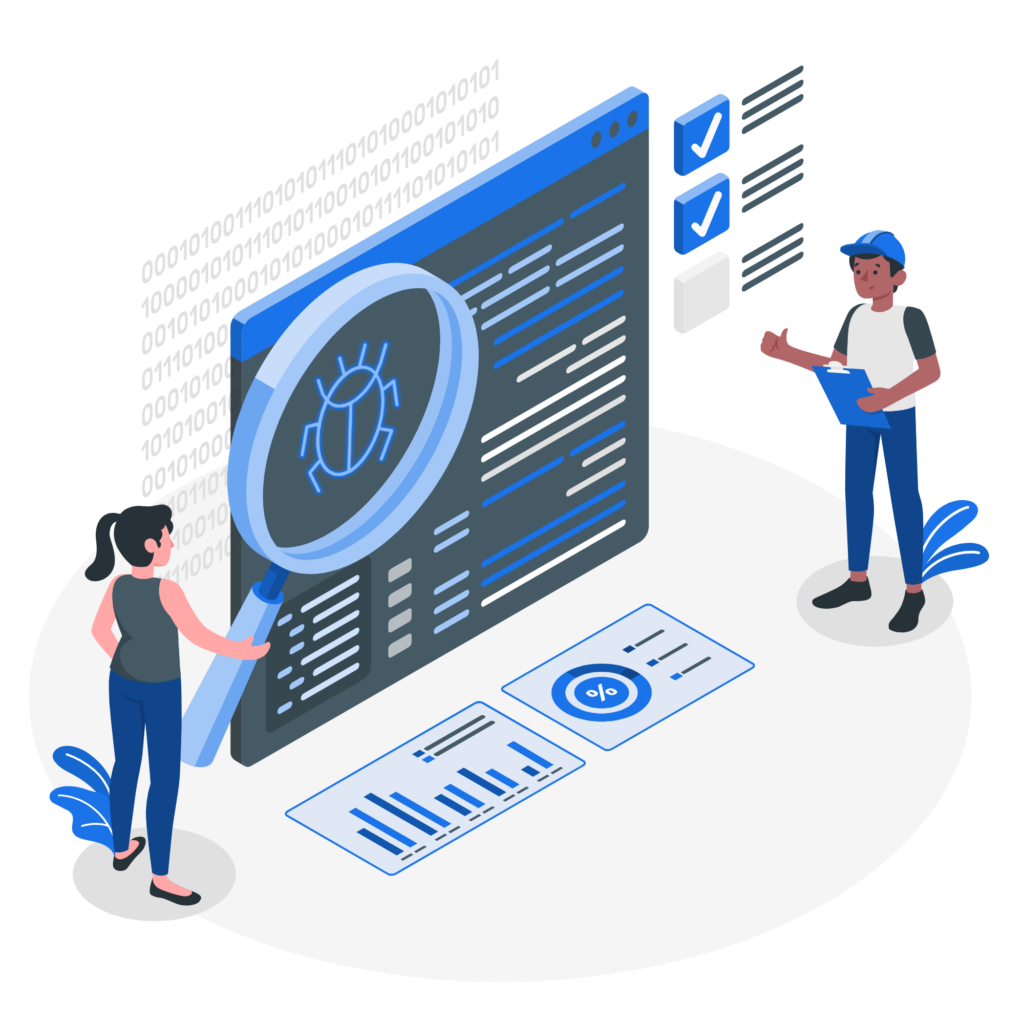In today’s fast-paced business landscape, gathering and analyzing data from multiple vendors is essential for making informed decisions. Whether you’re a retailer managing various suppliers or a company working with multiple service providers, the ability to collect, interpret, and act upon data is crucial. However, this task can be overwhelming without the right systems in place. In this blog, we will explore solutions to simplify the process of data aggregation and analysis for multivendor decision-making.

Centralized Data Management

One of the most effective ways to streamline data aggregation is by implementing a centralized data management system. This system should serve as a single repository for all data sources, making it easier to collect, store, and access information. Cloud-based solutions like data warehouses and data lakes are increasingly popular for this purpose, as they allow for scalability, accessibility, and real-time data updates.
Data Integration Tools

Data from different vendors often comes in various formats and structures. To ensure compatibility and easy analysis, invest in data integration tools. These tools can help automate the process of extracting, transforming, and loading (ETL) data from different sources into your centralized system. They can also handle data mapping, ensuring that all data is consistently structured and ready for analysis.
API Integration

When working with vendors who provide data through APIs (Application Programming Interfaces), consider API integration. This allows for direct data retrieval from vendor systems into your central repository, eliminating the need for manual data entry or file transfers. APIs enable real-time data updates, enhancing the accuracy and timeliness of your analyses.
Customized Dashboards and Reporting

Create customized dashboards and reporting tools that provide a unified view of data from multiple vendors. Tools like Tableau, Power BI, or custom-built solutions allow you to visualize data trends, track key performance indicators, and monitor vendor performance in real time. These dashboards can be tailored to the specific metrics and insights that matter most to your decision-making process.
Data Quality Assurance

Maintaining data quality is crucial when dealing with information from multiple vendors. Implement data validation and cleansing processes to identify and rectify errors, inconsistencies, or missing data. Data quality tools can help ensure that the information you rely on is accurate and reliable.
Machine Learning and AI

Leverage machine learning and artificial intelligence algorithms to automate data analysis. These technologies can identify patterns, anomalies, and trends in large datasets, helping you make more informed decisions. For example, predictive analytics can forecast demand, while sentiment analysis can extract insights from customer feedback.
Vendor Collaboration

Establish strong relationships with your vendors to facilitate data sharing and collaboration. Define clear data sharing agreements and standards to ensure data compatibility and accessibility. Regular communication with vendors can help address issues, align on data priorities, and foster a collaborative approach to data management.
Data Security and Compliance

Protecting sensitive data is paramount, especially when dealing with information from multiple sources. Implement robust data security measures and ensure compliance with data privacy regulations such as GDPR or HIPAA. Encryption, access controls, and audit trails should be part of your data security strategy.
Continuous Improvement

Data aggregation and analysis are not static processes. Continuously assess and refine your data management strategies. As your vendor relationships evolve and your data needs change, adapt your systems and processes accordingly. Regularly review the performance of your data management tools and make updates as needed.
–
In the complex landscape of multivendor decision-making, effective data aggregation and analysis are essential for informed and strategic choices. Implementing centralized data management, integration tools, customized reporting, data quality assurance, machine learning, and strong vendor collaboration can simplify this process. By investing in these solutions and continuously improving your data management practices, you can harness the power of data to drive success in your multivendor operations.
















